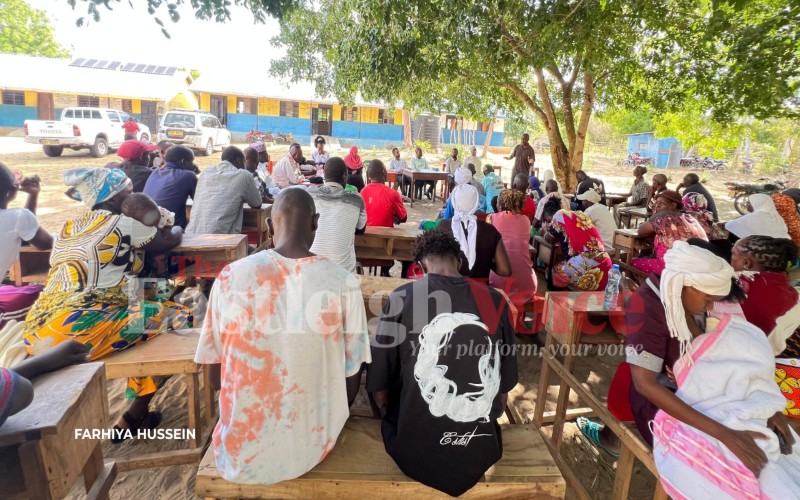Supreme Court rules IEBC secretariat cannot undertake core electoral duties

In its ruling, the Court noted that the Secretariat, while managing day-to-day operations, cannot undertake substantive duties such as boundary delimitation or conducting elections, which require the deliberation and approval of the Commissioners.
The Supreme Court of Kenya has struck out a reference filed by the Independent Electoral and Boundaries Commission (IEBC) seeking guidance on whether it could carry out elections and review electoral boundaries.
The Reference, filed on July 4, 2024, asked the Court to clarify whether IEBC could undertake key functions such as redrawing electoral boundaries and conducting elections without its Commissioners in office, and whether it could change boundaries or extend deadlines after the constitutional timelines had passed.
More To Read
- Why voter registration in by‑election zones will resume after 28 days
- IEBC gazettes Mbeere North’s MP-elect Wamuthende and other by-election winners
- IEBC urges media to report factually amid election scrutiny
- LSK condemns violence in by-elections, warns of gaps ahead of 2027 polls
- ELOG flags electoral violence, ballot secrecy breaches in November 27 by-elections
- Political storm erupts as Jubilee, DAP-K accuse rivals of orchestrated violence in by-elections
IEBC argued that while the Secretariat may handle day-to-day operations and even defend or institute suits, it cannot undertake core constitutional functions such as boundary delimitation, elections, or referenda.
The Commission said failing to revise boundaries could undermine the equality of the vote, noting that the last delimitation was based on the 2009 census when the population stood at about 38 million, while Kenya’s population is now above 46 million.
In its ruling, the Court noted that the Secretariat, while managing day-to-day operations, cannot undertake substantive duties such as boundary delimitation or conducting elections, which require the deliberation and approval of the Commissioners.
On the status of the Reference, the Court stated: “The Reference dated July 4, 2024 be and is hereby struck out; and each party shall bear its costs.”
The Court emphasised that without the Commissioners or the requisite quorum, IEBC is constitutionally incapacitated from carrying out or purporting to carry out such core electoral processes.
The Office of the Attorney General had challenged the Reference, arguing that IEBC was not properly constituted at the time due to vacant Commissioner positions.
The Attorney General also noted that similar matters were already before the High Court, that the issues were not urgent, and that a separate legislative process was already at an advanced stage to address the matter.
Top Stories Today












































